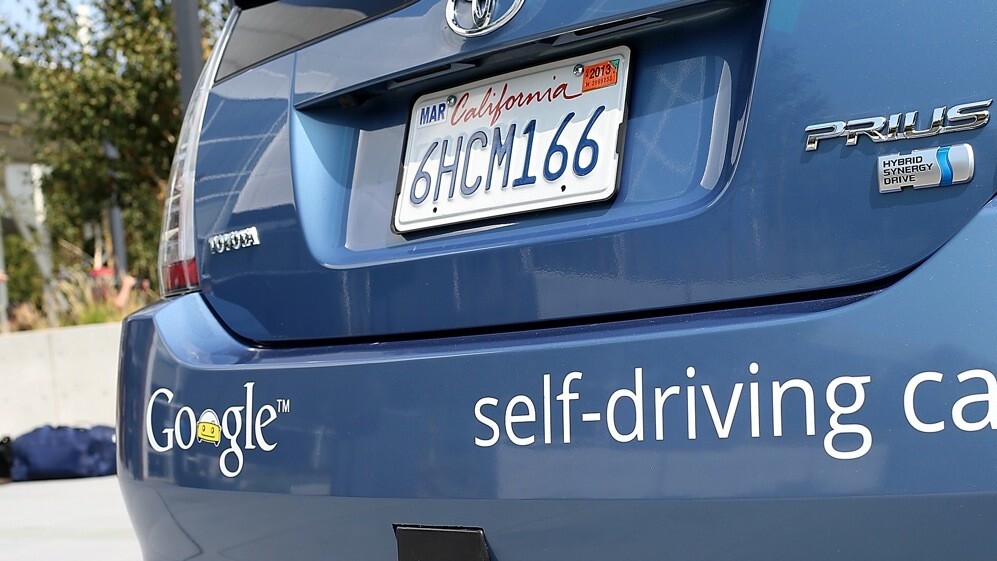
In a talk at SXSW today, the head of Google’s X Lab ‘moonshot’ division, Astro Teller, revealed a previously undisclosed project the clandestine group had worked on. He also hinted at a new project to be announced in a few weeks. Don’t go expecting a Space Elevator though, that’s a myth.
In addition to the previously known self-driving cars, Project Glass and neural network project, Teller said that making the blue dot in Google Maps accurate for users’ locations inside buildings as well as outside began as a project inside X Lab.
Teller said that the team working on the project thought that they would need to put new satellites into orbit or install beacons all over the world in order to do this. Instead, they found a way that didn’t require dedicated hardware. The project was then ‘graduated’ from X Lab to the Geo division, where the team involved is now working on getting location accuracy down to 25 centimeters.
X Labs projects are graduated out of X Lab because the division’s “Peter Pans with PHDs” need to keep focusing on moonshots, rather than commercial projects.
While Teller wouldn’t detail exactly what the next X Labs project to be announced will be, he said it related to control systems. He added that when Larry Page approved the project, he told Teller to make sure that he broke at least five prototype devices. Teller said that this was a reminder he needed that if you’re not going so fast that you break prototypes, you’re not going to go “radically fast.” Expect more details on this project “in about a month.”
In a Q&A with the audience after his talk, Teller had the opportunity to dispel a popular myth – that the company is working on an elevator into space. However, he said that the concept had become a ‘mascot’ for X Labs after the New York Times said that it was being worked on there, and Fast Company repeated it. “It’s funny that people won’t just let us alone,” he added.
For those desperate to find out what else is going on at X Lab (the division begins two or three projects per year), Teller said that they don’t reveal projects at an early stage because failure is an important part of the process and if they have people awaiting specific moonshot projects it “ends creativity” within the team.
Image credit: Getty Images
Get the TNW newsletter
Get the most important tech news in your inbox each week.




